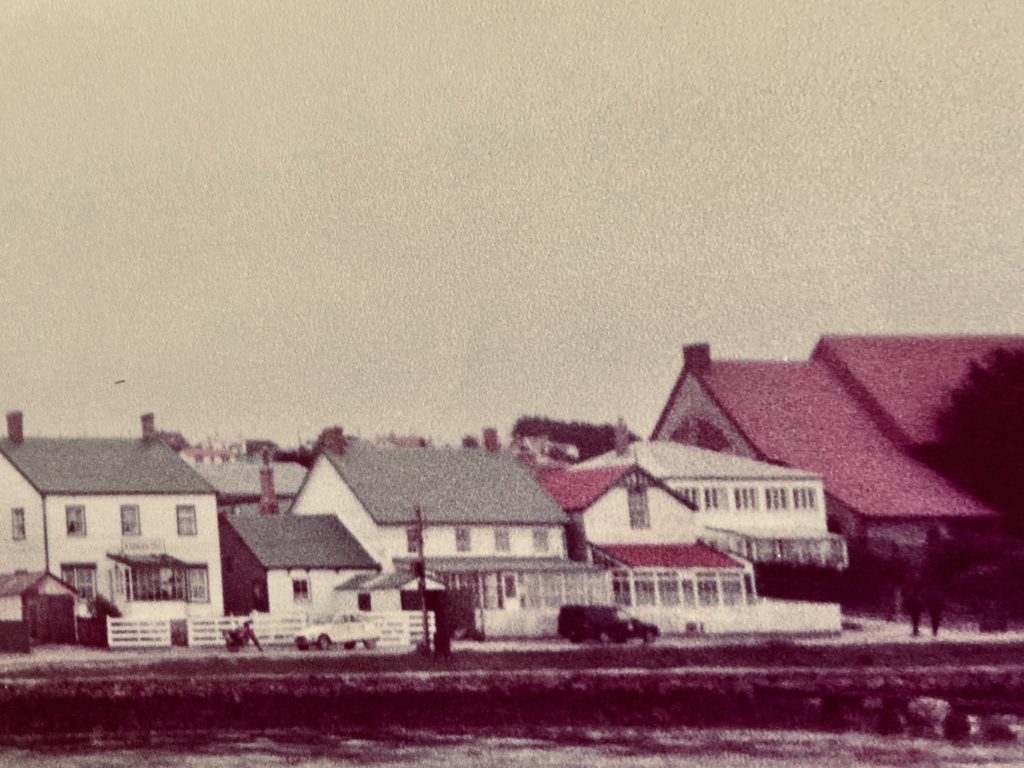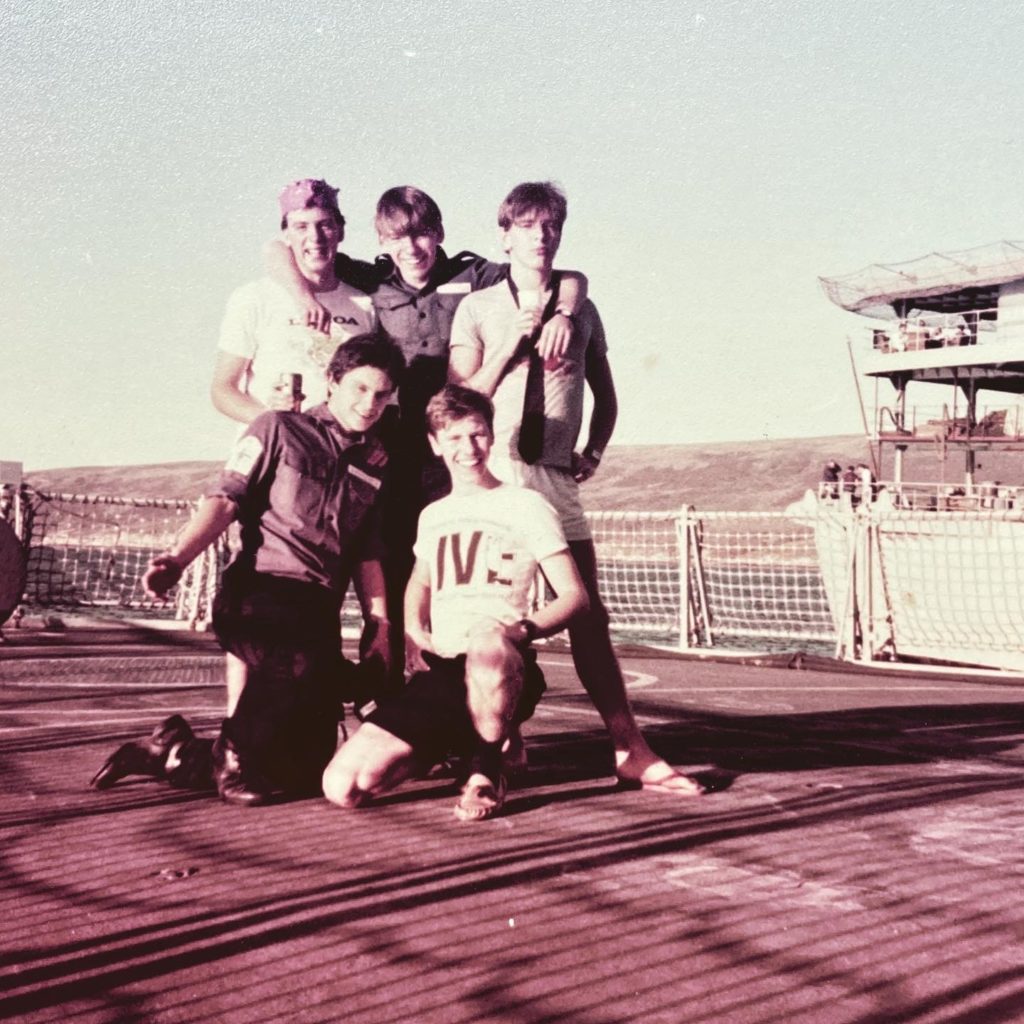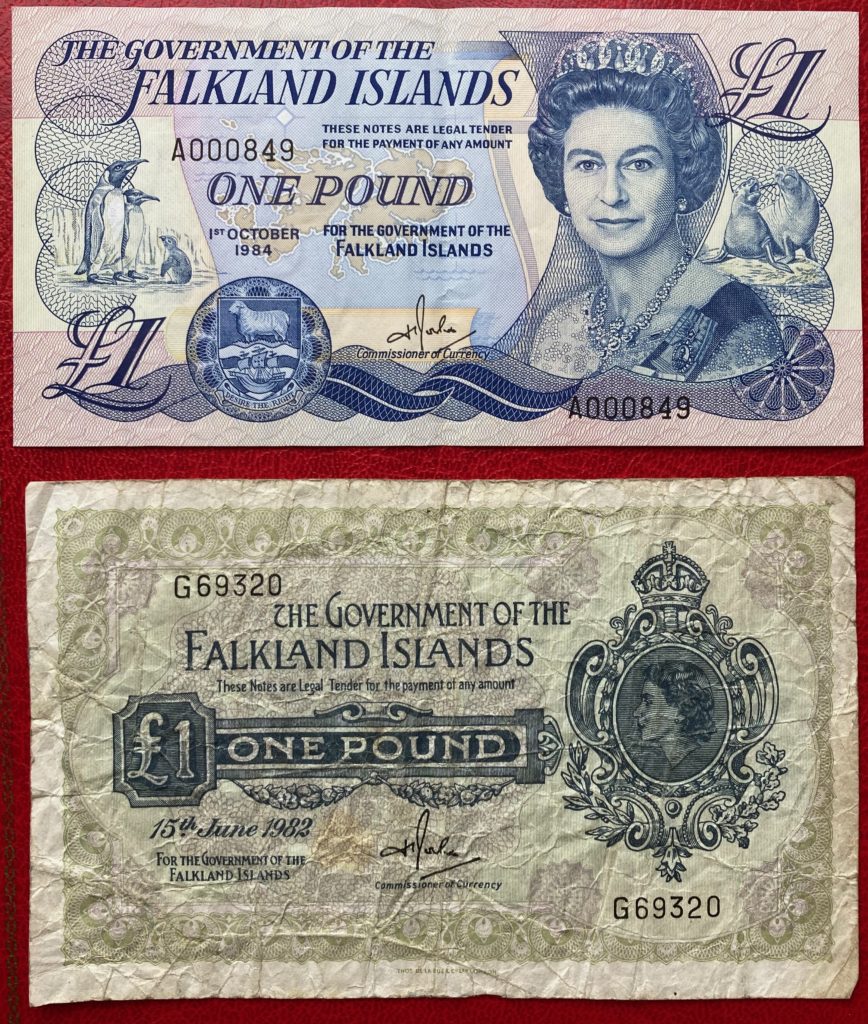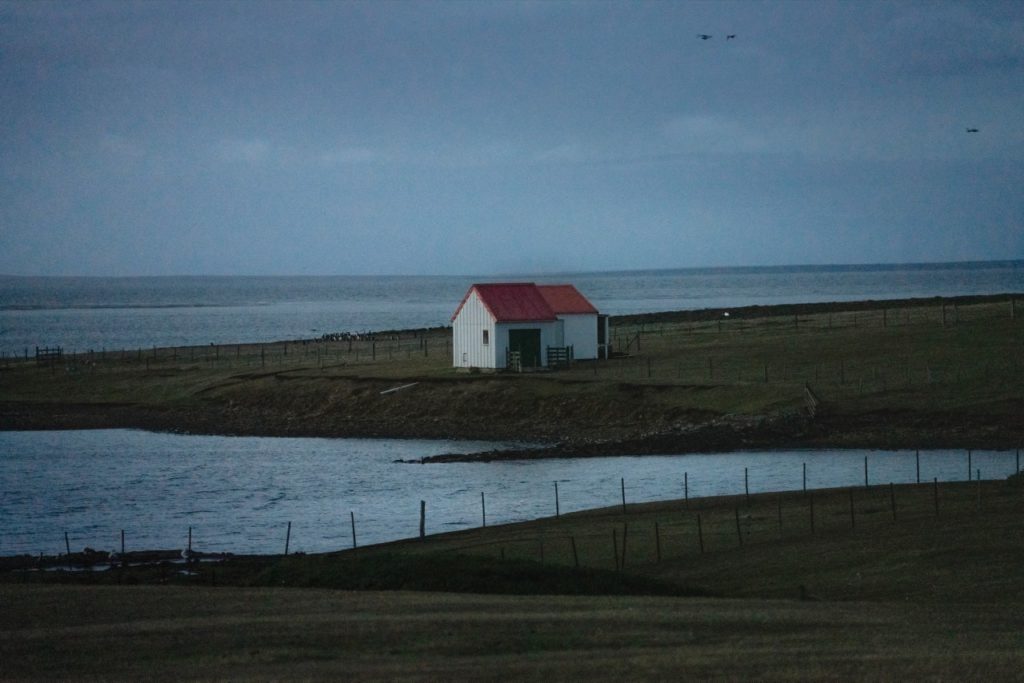Life in the Falklands
Larissa MacFarquahar has a fascinating history of the last fifty-something years of the Falkland Islands in the New Yorker. MacFarquahar is like an itinerant storyteller from ancient times, weaving the threads of stories that are not her own. One of those stories could have been mine.
When I was eleven, my mother and father were having one of those cruel not-in-front-of-the-children arguments that I understand now, with the wisdom of age, foreshadowed the divorce creeping up to change all of our lives forever.
My father worked in a meat factory owned by Southern Ships Stores, the main importer of meat and fish from the Falkland Islands. They offered him a job in Port Stanley, the capital of the Falklands.
“Go!” said Mother.
“I will!” said Father, “and I’ll take Bill with me.”
When I was born, my mother and father never agreed on a name for me. To my mother, I was Kevin. To my father, I was always Bill. Dad called me Kevin for the first time in 2009, not long before he died.
My father left our lives soon after that argument on the balcony but he never made it to the Falklands. That turned out to be fortune of the best kind since we would have made it there just in time for the arrival of the Argentinian invaders.
After the divorce, Dad became a Saturday Father and he took me on days out every weekend, usually up to London where he would drop me off at the Science Museum or at the big hill in Greenwich Park with my skateboard. He’d tell me which pub to find him in when I was done.

I spent many a pleasant Saturday afternoon here “with” my Dad.
Sometimes we just spent the afternoon in the Conservative Club in Sidcup or in the Cray Valley Working Man’s Club – whichever had the cheapest beer – and he’d buy me a half-pint of lager and tell me dodgy stories from his fabulated past.
Were those stories real or were they fiction? Who knows?
Perhaps Dad really did apprentice with Arsenal before his dodgy knees gave out after playing for England Schoolboys vs West Berlin in 1948 and maybe his South London gang really did have razor blades sewn into their collars. Bricks through rival gangs’ café windows? Loosening the wheel nuts on their rivals’ cars? Cook on the QE2? Maybe some of this happened.
I have a whole bookful of similar stories that I tell my own children about my adventure-filled past but mine are all true. I should write them down someday.
Southern Ships Stores went bankrupt in 1980 and my dad was out of work for a while. I had always assumed that this was part of Mrs Thatcher’s wonderful plan for the British economy but I now understand it to be another chapter in the history of the Falklands. If SSS had hung on for another few years they could have had a share of the prosperity that Larissa describes in her article. Maybe we could have too. Alas! They died too soon.
What would life have been like for me if Ken and Bill had headed down to those desolate islands?
In one of Fortune’s more playful tricks, I made my own voyage Down South on HMS Southampton in 1984. On my visit to Port Stanley, we called the locals ”Bennies” because of their resemblance to the simple-minded handyman in the TV drama, Crossroads. Would I have been a Benny drinking my life away in Penguin Ale in a shack in Port Stanley?

I don’t remember why but I got banned from all four one night.
Would I have been one of those sheep farmers waiting to greet the Marines when they yomped into Goose Green?
In my own Turn Left moment, would I have watched HMS Southampton sail into San Carlos Water in 1984 from those cold, barren shores?

Though they did not take me to that lonely life in the South Atlantic, the timey-wimey strands of fate had other plans for me. The ripples from the splash of the divorce rocked my boat for years after the initial splash. I was in constant trouble for all of my school years and I fled my blended family at the first opportunity with just a St Christopher from my mum and twenty quid from my dad to go join the Grey Funnel Line. I signed up a couple of weeks after the Argentinians invaded.
What stories would I have, had I stayed?


